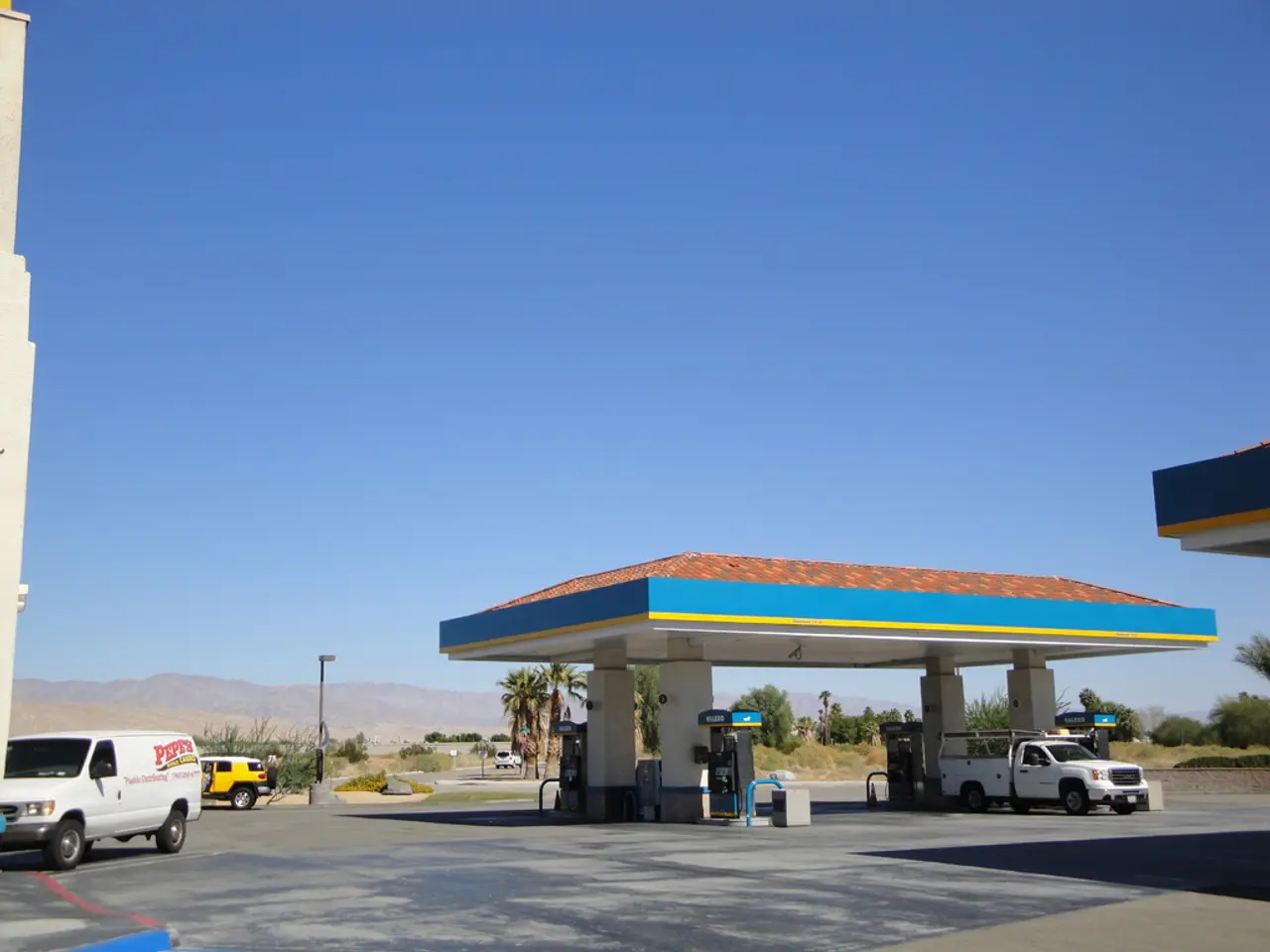Petrol and Diesel Prices Climbing Again: Pump Savings Tips Amidst Middle Eastern Turmoil
Immediate data unveils fuel economy opportunities at gas stations
In a turnaround during the Pentecost weekend, travelers experienced a rise in petrol and diesel prices, with an average increase of 4.5% for diesel and 2.4% for petrol (E10). This change was revealed by real-time data from the Federal Cartel Office that ntv.de continuously analyzes and visualizes.
Why the sudden increase? Tensions between Israel and Iran have been escalating, causing concerns of a potential gasoline price shock. The fear of turmoil on the world market is enough to jack up demand and prices, leaving consumers with little defense.
If you own a diesel vehicle, prepare for especially volatile prices in times of crisis. An ADAC expert explained, "Diesel is always more sensitive and reacts more strongly to geopolitical tensions and market fluctuations because it is a more heavily traded product globally than gasoline." With a blockade of the Strait of Hormuz, which connects the West to oil-producing nations, diesel imports could face severe impact.
But don't despair! Even in times of climbing petrol prices, there are opportunities to save at the pump. Utilize price comparison apps to find the cheapest gas station nearby. These apps, like the ones ntv.de uses for its graphics, get their data from the Federal Cartel Office and provide almost real-time information on fuel prices throughout Germany.
Looking at regional data, prices in new states are often higher than the national average, while parts of Bavaria might face above-average costs, particularly in rural areas with poor public transport links. Timing is also crucial – fill up in the evening, specifically between 7 and 8 PM, for an average savings of around 13 cents per liter, according to the ADAC.
Amidst these prices increases, it's important to remember that they are "moderate" compared to the energy crisis of 2022, caused by Russia's attack on Ukraine. Yet, Germany's reliance on fossil fuels, especially for transportation, remains a significant burden and risk for households. Energy and mobility costs can spike rapidly, leaving consumers with limited alternatives.
Sources: ntv.de
Key terms:- Petrol price- Diesel- Israel conflict- Iran- ADAC- Oil price
- In addition to being mindful of petrol and diesel price increases due to Middle Eastern turmoil, it's essential for companies with fleet vehicles to review and adjust their respective employment policies to accommodate potential fuel cost hikes within their community policy.
- Employees who commute using diesel vehicles may particularly struggle with the volatile prices in times of crisis. It is recommended for employers to consider implementing flexible work policies that encourage remote work during such periods to lessen the financial impact on employees.




